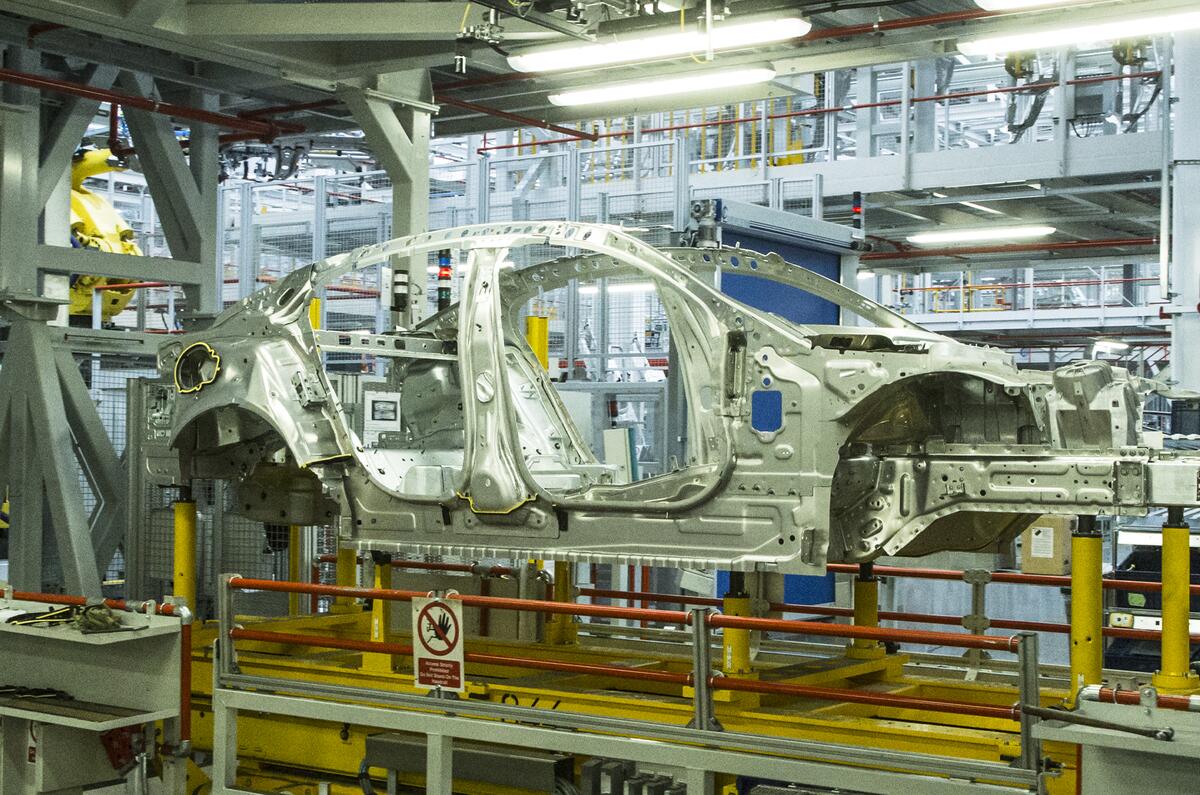UK car production rose for a third consecutive month, new figures have revealed, despite many potential buyers “applying the brakes to their spending plans”.
The data, released today by the Society of Motor Manufacturers and Traders (SMMT), shows that the country recorded a 8.6% year-on-year rise in July to a total of 58,043 cars.




Add your comment